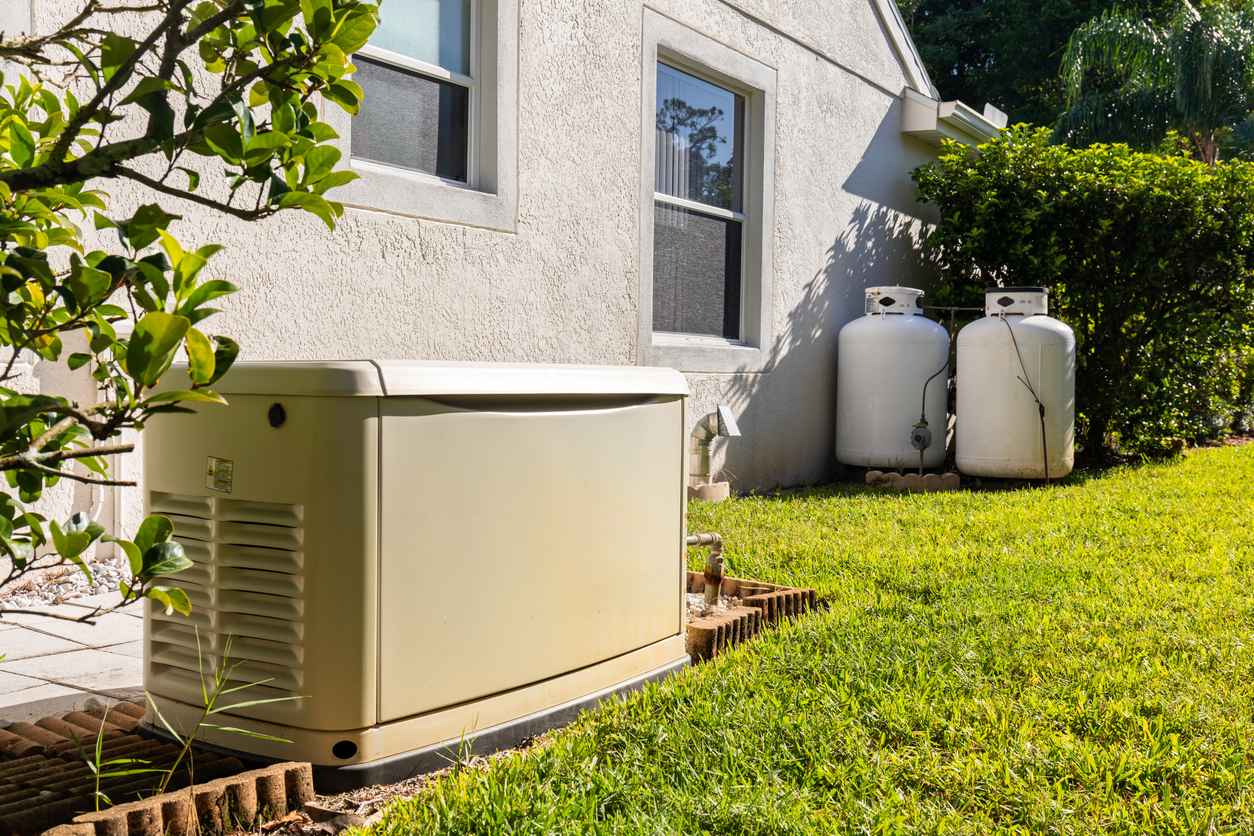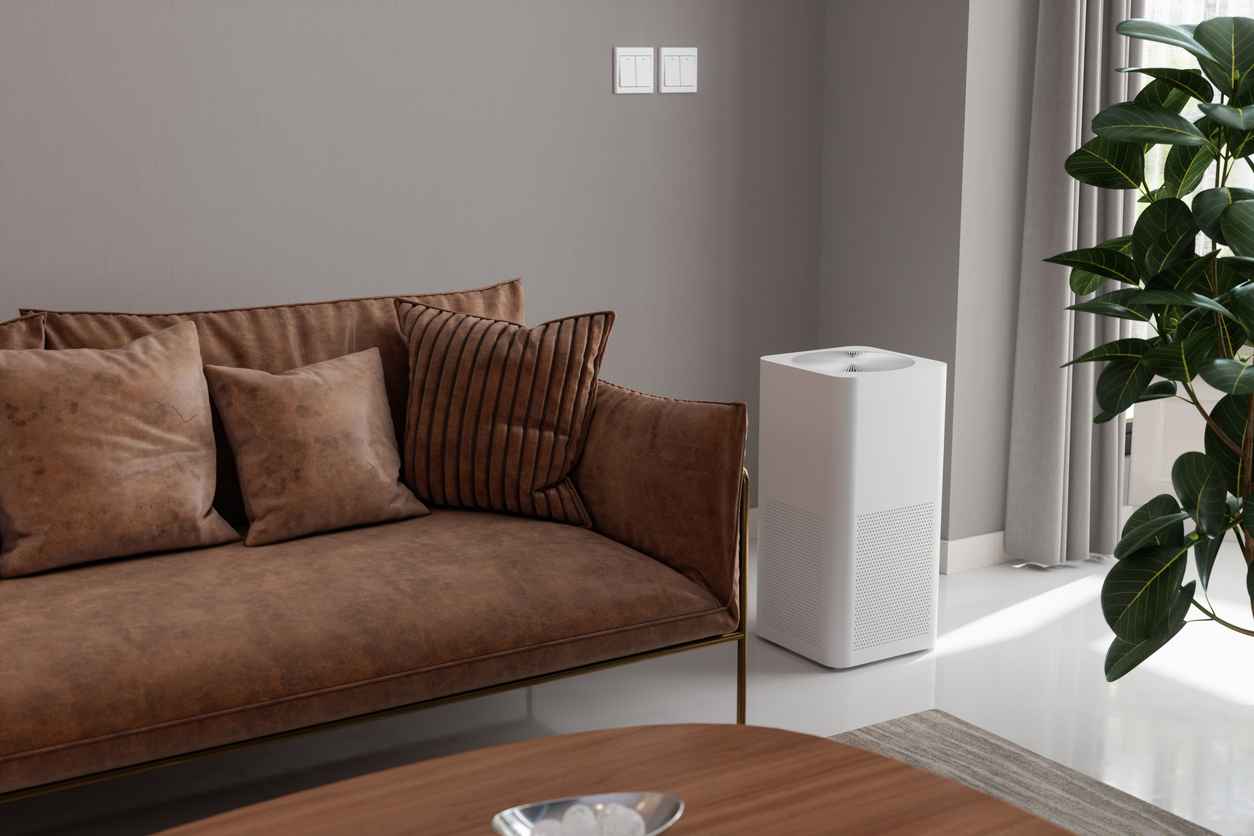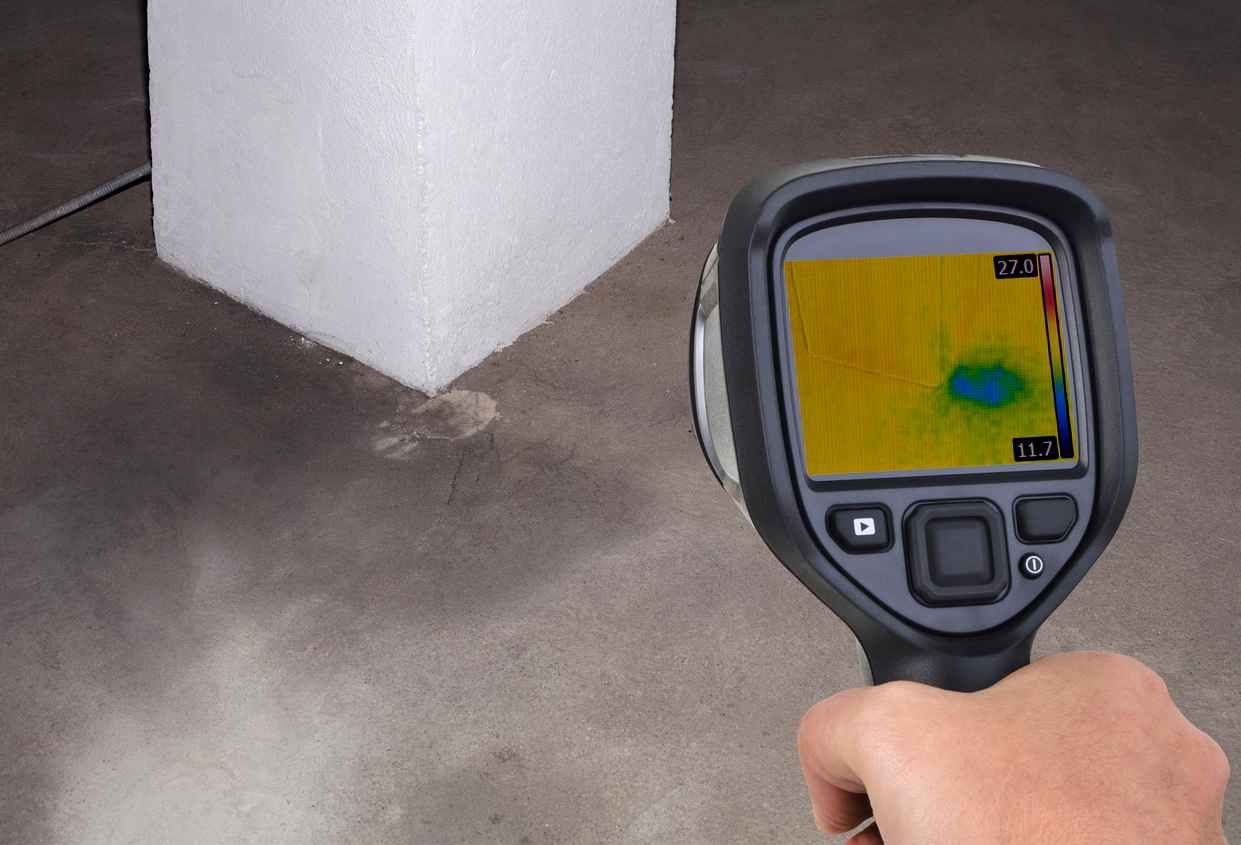4.8 Google Rating
Five Common Furnace Maintenance Mistakes To Avoid
A properly functioning furnace is one of the key components to having an AAAwesome winter! Although regular maintenance is essential, it is important to avoid these five common mistakes to ensure you and your loved ones are comfortable all season long. Continue reading to find out what they are!
Not Changing Your Filter
It’s easy to forget to change out filters of all kinds because out of sight out of mind, right? Well, the filters in our home appliances are one of the most important components to maintaining efficiency and indoor air quality. Filters aid in filtering out dust, debris, bacteria, and other contaminants in our home’s air. Regularly changing your furnace filter every 90 days will keep your system running efficiently and maintain your indoor air quality. If you aren’t too keen on doing it, one of our AAA Service technicians would gladly come to help you change your filter.
Neglecting Ducts and Vents
It is easy to focus solely on the HVAC system itself and forget about the vents and ducts that stem off of it. Ductwork is vital to the integrity of your system and your indoor air quality. Your ductwork is how heat is properly delivered and evenly distributed throughout your home. Although our home’s ductwork is not visible to see the dust and debris that accumulates, it’s important to regularly schedule ductwork cleaning. Cleaning your ductwork will improve your indoor air quality and prolong the life of your system. Vents are simply where the ductwork opens into our homes and is much more visible to the dust and debris that accumulates. Regularly wiping down your vents will aid in the recirculation of your indoor air.
Blocking Registers
Although many people think furnace registers are additional vents, they are not. The difference is that furnace registers can adjust the airflow by opening and closing a damper or flap. Blocking your furnace registers restricts airflow and causes your system to work harder. This decreases your system’s efficiency and increases your utility bills by causing your system to overwork
Ignoring Repair Signs
It’s important to pay attention to the indicators your system provides that a repair is on its way. Ignoring a repair can further the cost and cause damage to your system. Knowing what to look for is crucial: inconsistent temperatures, strange noises, increasing utility bills, and the color of your pilot light. If you begin to notice that you’re bundling up to stay warm inside, something is probably off. All appliances make noises occasionally but if you begin to hear unusual squeals, grinding, or pops during the heating cycle, it’s best to have one of our AAAwesome technicians take a look. Increasing utility bills is a strong telltale that something isn’t working properly and you should make an appointment to see what’s going on. Most importantly, your pilot light should only be blue. If it is any other color, call us immediately at at303-313-3333 .
Skipping Annual Maintenance
Scheduling annual maintenance allows you to maintain the integrity of your system. Annual maintenance visits allow a technician to properly clean your furnace of dust and debris, check for problems, and even diagnose issues before they progress into a costly repair. Preventative maintenance will ensure your system is running efficiently. Keeping up with your system will go hand in hand with keeping your utility bills low. You may even qualify for a manufacturer’s warranty by scheduling maintenance!
Avoid these common mistakes during the winter season so you can keep your furnace in tip-top shape and ensure you have an AAAwesome winter. Think you may be in need of a tune-up? Give our team a call at 303-313-3333 today!





